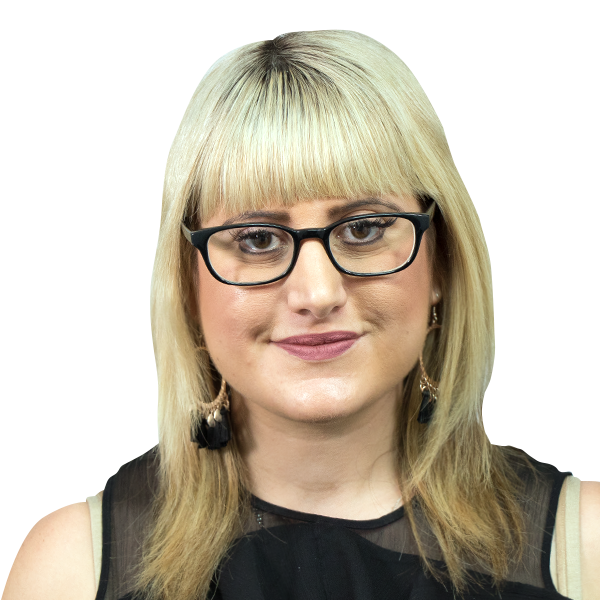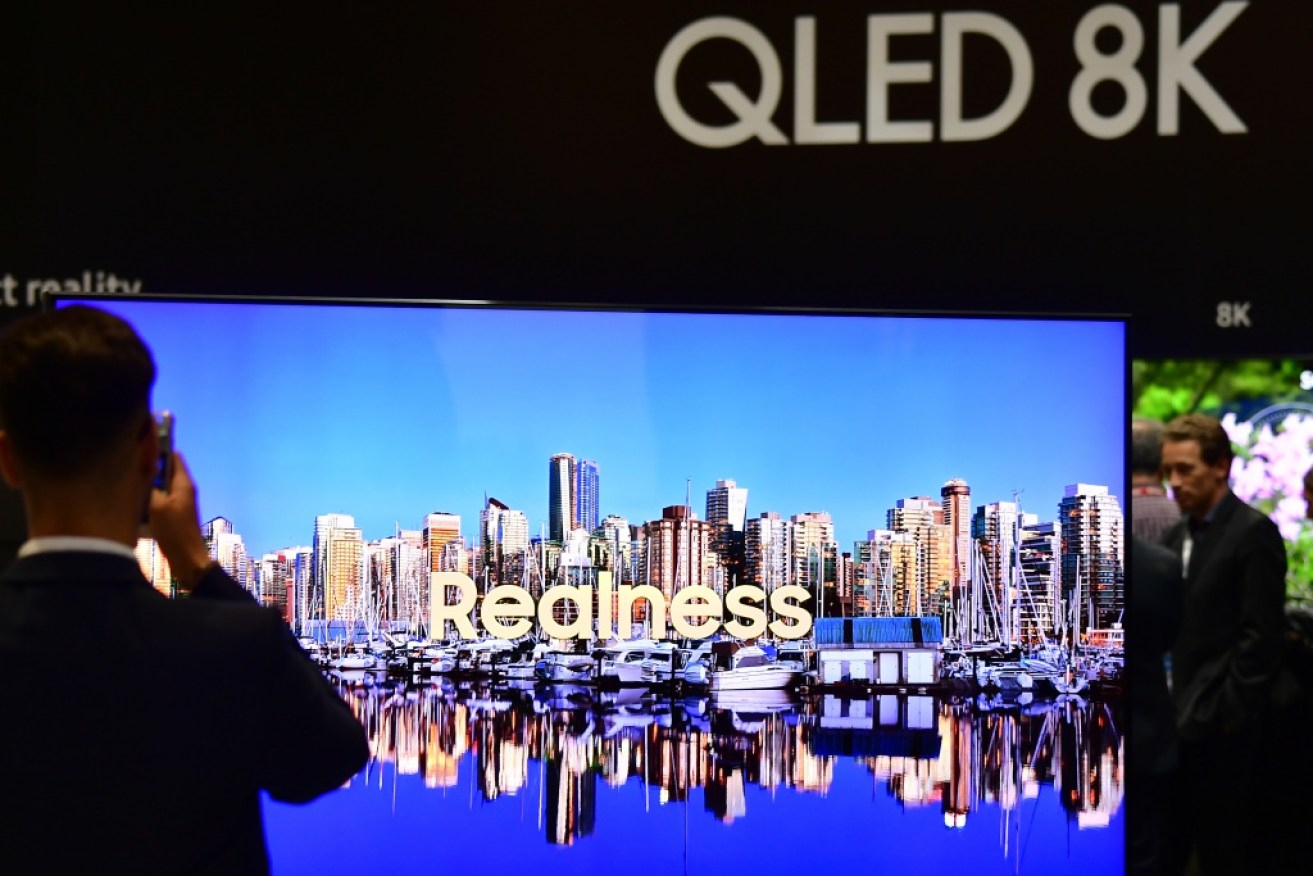Substandard NBN is ‘holding Australia back’, tech expert warns


Samsung and LG have unveiled their new generation of 8K televisions Photo: Getty
A leading telco expert has warned consumers that Australia is not ready for 8K, amid Samsung and LG’s announcement to deliver their next generation television range, promising viewers razor sharp images like never before.
Samsung and LG Electronics both unveiled their 8K TVs at IFA on Thursday — Europe’s huge consumer electronics show in Berlin.
But mystery surrounds whether Australia’s notoriously slow NBN internet will suffice, as its still unable to support 4K streaming.
Dr Mark Gregory, electronic and telecommunications associate professor at RMIT University, told The New Daily Australia’s broadband network was not up to scratch to deal with 4K, let alone 8K technology.
“The ideal speed to fully experience 8K should be 100 megabits per second (Mbps), if not more, and for 4K it should be 50 Mbps.
“But most people are currently experiencing NBN speeds averaging much lower than 50 Mbps, so there’s no way we could cope with 8K at this stage.”
Dr Gregory said Australia would spend the next decade fixing its NBN infrastructure.
“To fix what the Coalition government has done is going to cost $10 to $12 billion (for fibre-to-the-node) and that won’t fix the problem but will improve it.
“The first thing they need to do is move from fibre-to-the-node (FTTN) to fibre-to-the-curb (FTTC), so they end up with fibre-to-the-premises (FTTP).”
“The problem is our broadband network connection speeds are lower than what was anticipated and the business model needs to be fixed urgently.”
Dr Gregory said the NBN was leaving Australia’s technologically behind.
“It’s holding the nation back from producing new services and applications.
“Australia should be looked upon as a place of development but companies are reluctant to roll out things here because they look at the NBN and know it’s not going to work.”
He said technologies such as virtual reality and augmented reality would also suffer.
“For some of the augmented reality technologies, it requires 1 gigabyte per second (Gbps), which means we’re a decade away from being able to support the types of systems that we would like to see.
“We’ve essentially gone back a decade because of the NBN.”
8K explained
8K video is almost three times bigger in file size than current 4K videos, which themselves clock in at 6000 gigabytes for 100 minutes.
With a total number of 33,177,600 pixels on the screen, it becomes almost impossible to differentiate the pixel structure.
The technology delivers incredibly detailed images with eye-popping colour, which dramatically enhances the contrast of images frame-by-frame to deliver a cinematic viewing experience.
Depending on the levels of compression the 130 hours of 8K footage planned for the 2020 Tokyo Olympics could come in at 225 GB per 100 minutes, or 25,600 gigabytes for the total 8K experience.









